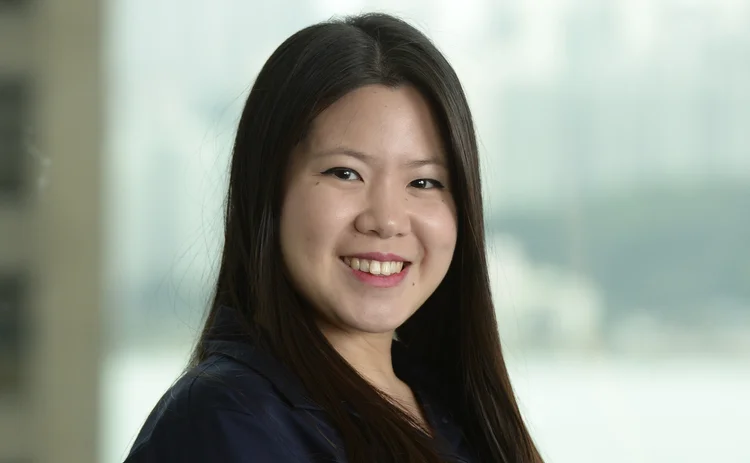The Quantum Computing Question
While interest in quantum computing has been slow to arrive in the capital markets, Wei-Shen, who attended this year’s Sibos conference in Sydney, says a tipping point might be soon to come.

Despite all the talk about universal quantum computers being years away, there was keen interest at this year’s Sibos conference in Sydney, which featured no fewer than eight sessions on the topic, including a curated quantum computing networking session.
I always try to sit at the front of the room, so it came as a shock to me when, at panel after panel, all the seats were already taken, leaving me standing with several dozen other attendees in the back.
The sessions broke down quantum
Only users who have a paid subscription or are part of a corporate subscription are able to print or copy content.
To access these options, along with all other subscription benefits, please contact info@waterstechnology.com or view our subscription options here: https://subscriptions.waterstechnology.com/subscribe
You are currently unable to print this content. Please contact info@waterstechnology.com to find out more.
You are currently unable to copy this content. Please contact info@waterstechnology.com to find out more.
Copyright Infopro Digital Limited. All rights reserved.
As outlined in our terms and conditions, https://www.infopro-digital.com/terms-and-conditions/subscriptions/ (point 2.4), printing is limited to a single copy.
If you would like to purchase additional rights please email info@waterstechnology.com
Copyright Infopro Digital Limited. All rights reserved.
You may share this content using our article tools. As outlined in our terms and conditions, https://www.infopro-digital.com/terms-and-conditions/subscriptions/ (clause 2.4), an Authorised User may only make one copy of the materials for their own personal use. You must also comply with the restrictions in clause 2.5.
If you would like to purchase additional rights please email info@waterstechnology.com
More on Emerging Technologies
Fiber’s AI gold rush risks a connection drop
In search of AI-related profits, investors flocked to fiber cables, but there are worrying signals on the horizon.
JP Morgan gives corporates an FX blockchain boost
Kinexys digital platform speeds cross-currency, cross-entity client payments.
BlackRock further integrates Preqin, Nasdaq and Osaka Exchange partner, and more
The Waters Cooler: SGX remodels data lake, ICE seeks tokenization approval, TNS closes Radianz deal, and more.
ICE to seek tokenization approval from SEC under existing federal laws
CEO Jeff Sprecher says the new NYSE tokenization initiative is not dependent on the passage of the US Clarity Act.
Waters Wavelength Ep. 346: TS Imagine’s Andrew Morgan
This week, Andrew Morgan of TS Imagine talks with Wei-Shen about how fixed income trading behavior is changing.
State Street expands in Abu Dhabi, Etrading advances UK bond tape, and more
The Waters Cooler: Avelacom expands access into Argentina’s capital markets, Seven Points Capital opens a London office, and more in this week’s news roundup.
Re-examining Big Tech’s influence over the capital markets
Waters Wrap: A few years ago, it seemed the big cloud providers were positioning themselves to dominate the capital markets tech scene. And then came ChatGPT.
NYSE plans new venue, Levy leaves Symphony, and more
The Waters Cooler: MIAX sells (most of) its derivatives exchange, BNY integrates with Morningstar on collateral, and science delights in this week’s news roundup.








